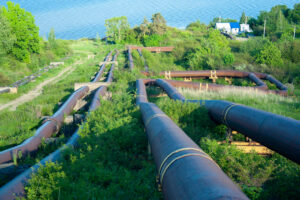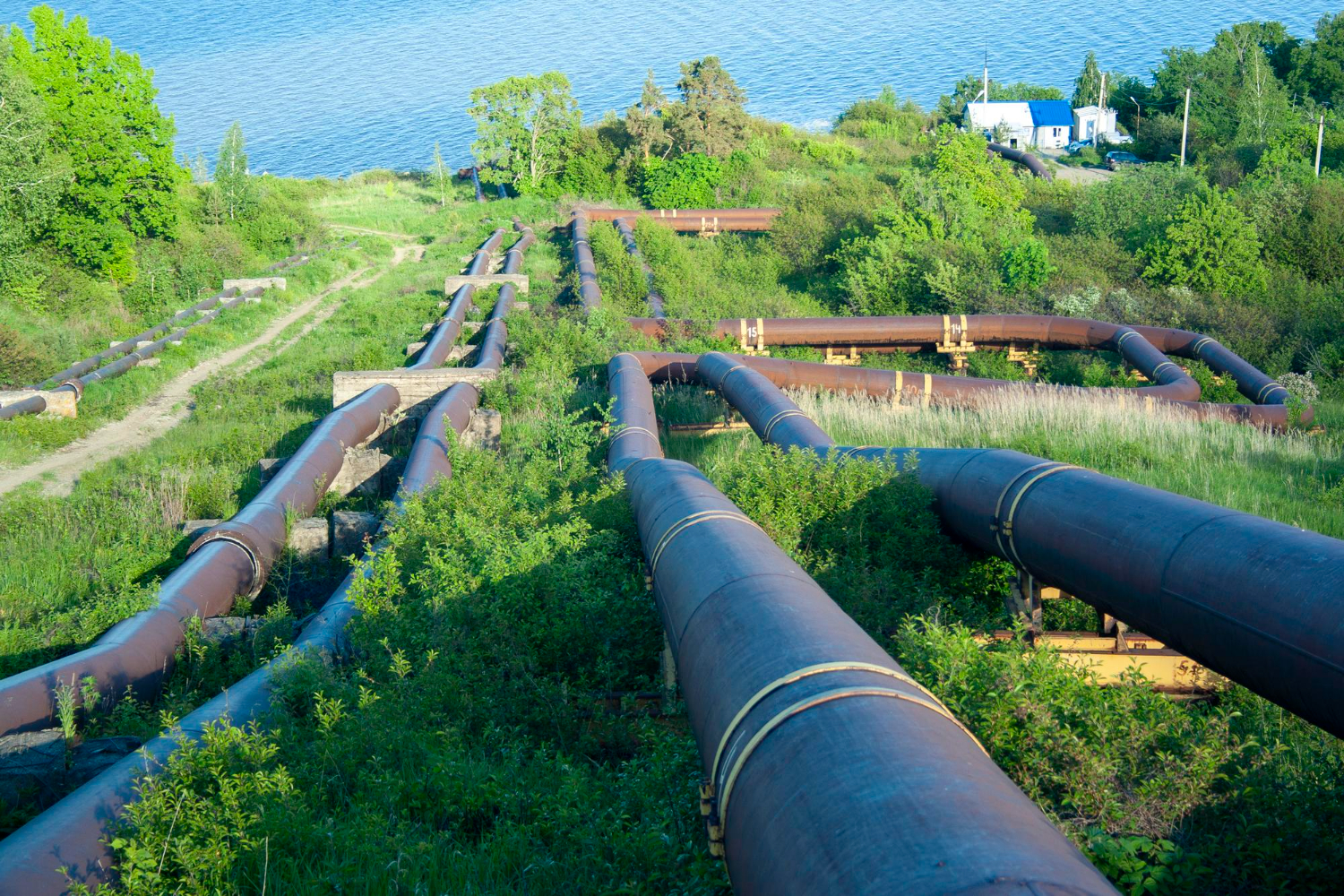Introduction
A reliable water supply system is the backbone of every modern society. From residential neighborhoods to large industries, every sector depends on a consistent flow of clean water. But as cities expand and populations rise, managing water distribution becomes increasingly complex. This is where advanced water network solutions come into play.
Turing Water Network technology provides municipalities, industries, and utilities with smart, data-driven systems to design, operate, and manage water distribution more effectively. By integrating innovation with infrastructure, Turing is helping communities build resilient, sustainable, and future-ready water networks.
What is a Water Network?
A water network refers to the interconnected pipelines, reservoirs, pumps, valves, and treatment facilities that ensure the delivery of clean water from sources to end users. It includes everything from the underground pipelines in residential areas to large-scale pumping systems serving industries and cities.
Efficient management of a water network ensures:
-
Minimal leakage and wastage.
-
Consistent water pressure.
-
Reliable delivery during peak demand.
-
Long-term sustainability and cost savings.
Challenges in Traditional Water Networks
While water networks are critical to urban life, traditional systems often face several issues:
-
Leakages and Non-Revenue Water (NRW) – A major global challenge where large amounts of treated water are lost before reaching consumers.
-
Aging Infrastructure – Old pipelines and pumping systems lead to frequent breakdowns and expensive repairs.
-
Increasing Demand – Rapid urbanization puts heavy stress on water systems.
-
Energy Consumption – Pumping and treating water require significant energy, adding operational costs.
-
Lack of Real-Time Data – Conventional systems fail to provide timely insights for effective decision-making.
These issues result in high costs, service disruptions, and inefficient resource utilization—making the case for smarter solutions.
How Turing Water Network Solutions Address These Challenges
1. Smart Monitoring and Analytics
Turing leverages IoT-enabled devices and sensors to track water pressure, flow, and quality across the network. Real-time analytics help identify inefficiencies or irregularities immediately.
2. Leakage Detection and Prevention
Using advanced hydraulic modeling, the system can quickly detect leakages or weak points in pipelines, reducing water loss and saving millions of liters annually.
3. Demand Forecasting
AI-driven algorithms predict future water demand based on seasonal variations, population growth, and industrial needs. This ensures that utilities are prepared for peak demand.
4. Energy Optimization
Turing Water Network optimizes pump operations to minimize energy usage while maintaining supply consistency, reducing electricity bills and carbon footprint.
5. GIS and Digital Mapping
Geographic Information Systems (GIS) provide clear visualization of the entire network. Engineers and city planners can locate assets, track issues, and plan expansions efficiently.
Benefits of Turing Water Network Solutions
-
Reliability – Ensures uninterrupted water supply to communities and businesses.
-
Cost Efficiency – Cuts down on operational expenses, maintenance costs, and energy bills.
-
Sustainability – Reduces wastage and promotes responsible use of resources.
-
Scalability – Adaptable for small towns, large metropolitan cities, and industrial parks.
-
Regulatory Compliance – Helps organizations meet government and environmental standards.
-
Data-Driven Insights – Supports better decision-making for short- and long-term planning.
Why Choose Turing for Water Networks?
The Turing Company is a recognized leader in water management software. Unlike generic tools, Turing’s solutions are built with advanced technology and designed for practical usability.
Key advantages of Turing include:
-
Customizable Platforms – Tailored to meet the needs of municipalities, utilities, and industries.
-
Seamless Integration – Compatible with existing infrastructure, IoT devices, and SCADA systems.
-
Future-Ready Systems – Designed to evolve with urban growth and environmental changes.
-
Innovation-Driven Approach – Combining AI, IoT, and GIS for smarter water distribution.
By choosing Turing, organizations gain access to a holistic ecosystem of water management, ensuring efficiency today and resilience for tomorrow.
Real-World Applications of Turing Water Network
-
Urban Cities – Efficiently distribute water to residential and commercial areas, ensuring equitable supply even during peak demand.
-
Industrial Facilities – Provide consistent water flow for production processes while optimizing energy use.
-
Municipal Utilities – Monitor pipelines, reservoirs, and treatment plants to minimize leakage and downtime.
-
Smart Cities – Integrate water networks with IoT and AI systems for automated, data-driven water management.
-
Agricultural Regions – Ensure irrigation networks deliver water efficiently to reduce waste and improve crop yields.

FAQs on Turing Water Network Solutions
Q1: What makes Turing Water Network different from traditional systems?
Turing integrates smart technology, AI-driven analytics, and IoT-enabled monitoring, offering real-time insights that traditional systems lack.
Q2: Can it reduce water loss due to leakage?
Yes, Turing’s advanced leakage detection systems minimize non-revenue water and optimize pressure control.
Q3: Is it suitable for small municipalities?
Absolutely. The system is scalable, making it ideal for both small towns and large metropolitan cities.
Q4: Does it integrate with IoT and GIS systems?
Yes, it seamlessly integrates with IoT devices, GIS mapping, and SCADA systems for smarter management.
Q5: How does it support sustainability goals?
By reducing water loss, optimizing energy use, and improving overall efficiency, Turing directly contributes to global sustainability targets.
Shaping the Future of Water Management
As governments and organizations adopt smart city initiatives, the role of intelligent water networks becomes more critical than ever. A well-managed water network not only reduces wastage but also ensures equitable distribution, paving the way for healthier and more resilient communities.
Turing Water Network solutions are designed with innovation and sustainability at their core. By combining IoT, AI, and GIS integration, Turing creates a digital ecosystem that allows utilities to forecast challenges, optimize operations, and extend the lifespan of existing infrastructure.
Driving Sustainability and Reliability
Sustainability is no longer an option—it is a necessity. Turing’s modern approach to water networks empowers organizations to:
-
Meet global sustainability targets.
-
Conserve resources effectively.
-
Reduce carbon footprints through energy-efficient operations.
Reliable water supply enhances public trust, improves quality of life, and drives long-term economic development.
Partnering with Turing for Smarter Water Networks
Whether it’s a small municipality upgrading infrastructure or a large metropolitan city aiming for smart water solutions, partnering with Turing means investing in innovation, resilience, and sustainability.
Turing delivers not just software but a complete ecosystem of water network management, helping organizations stay ahead of future challenges. With Turing, the journey toward sustainable water distribution becomes simpler, smarter, and more impactful.
Final Thought: Water as a Shared Responsibility
Water is not just a utility it is a shared responsibility. Every drop saved, every leak prevented, and every network optimized contributes to a stronger and more sustainable future. With Turing Water Network solutions, utilities and organizations gain the tools to embrace this responsibility while ensuring reliability and efficiency.
By leveraging technology and innovation, Turing transforms water networks into systems that are resilient, intelligent, and future-ready empowering societies to thrive in an era where water security is vital.

